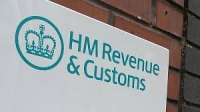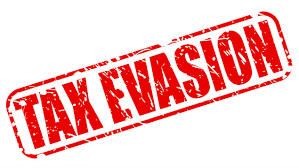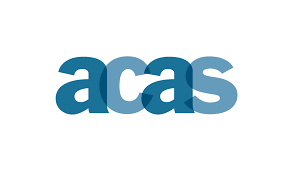HMRC Employment Status and Intermediaries Team Crackdown
Sunday 13 November, 2016 Written by Simon Collyer
Courier company Hermes failed to provide sufficient rights for its workers has led government to announce a crackdown on firms claiming workers are self-employed to avoid paying proper levels of tax and national Insurance and providing proper worker benefits.
HMRC has launched a new “Employment Status and Intermediaries Team” that actively investigate companies that have declared a high number of self-employed workers, following an inquiry by the Parliamentary Work and Pensions Committee into the so-called “gig economy”. Their remit is to take “all necessary steps” to ensure that companies are paying the correct amount of tax and NIC, which will include both interest and penalties if applicable. The move according to accountancy firm KPMG is intended to clamp down on those companies operating in the ‘gig economy’ who, for whatever reason, incorrectly classify their workers as self-employed.
The Treasury financial secretary Jane Ellison said the “dedicated resource” would give HMRC appropriate expertise to address compliance by companies such as Hermes, in terms of employment rights.
The Prime minister Theresa May has already hired former Blair aide Matthew Taylor to examine workers’ rights.
The creation of a new employment status and intermediaries team at HMRC to focus on status and employment intermediary risks will lead to a redefinition of what is classified as ‘self-employed’.
The parliamentary inquiry into the exploitation of workers in the gig economy opened in July this year and was undertaken by the Work and Pensions Committee – of which Labour MP Frank Field is chair.
A report was recently submitted by Field to HMRC documenting the complaints of Hermes workers suffering in the gig economy. The report recorded several people working for Hermes as couriers, yet not receiving paid holidays, sick pay, and in some cases paid below the National Living Wage (NLW).

The introduction of the Employment Status and Intermediaries Team represents a consensus across government that companies using large numbers of self-employed or agency workers, to avoid providing full entitlement of workplace rights, should be recognised and tackled.
Classification of such workers remains a point of controversy for other companies operating under a similar business model to Hermes – taxi app Uber, for example, in which the Employment Tribunal case went against Uber who plan to appeal.

Employee or employer and unsure of your rights?
The Advisory, Conciliation and Arbitration Service is a Crown non-departmental public body of the Government of the United Kingdom.
Contact ACAS by clicking here:
Leave a comment
Make sure you enter all the required information, indicated by an asterisk (*). HTML code is not allowed.
Join
FREE
Here











